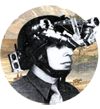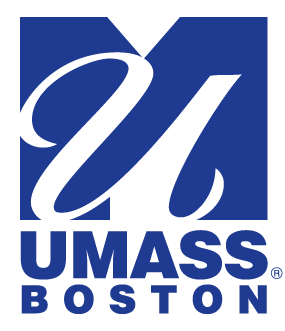Field Report #11: The Importance of Knowing Your Neighbors
Categories:
The N-TEN Conference and Meeting Other VISTAs
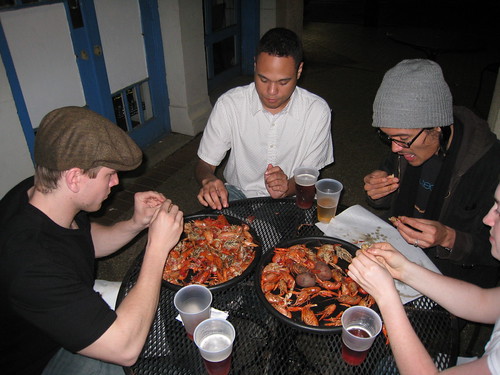
Photo: bensheldon
The N-TEN Conference was fantastic. Aside from the high-quality speakers, panels and opportunities for meeting other professionals working in the field of non-profit technology, I was fortunate enough to meet up with Ben, Kevin, Wes, Karl, Ashley and Anita from the CTC VISTA Project. We also had a special surprise visit from CTC VISTA Alum Jessica McCoy as well as another AmeriCorps Alum Jules (who we'd previously met at the NAMAC Austin Conference in October!).
Opportunities like this, I feel are crucial to supporting VISTAs during their respective years of service.
The conferences that VISTAs are 'mandated' to attend via their org/Project agreements are EXCELLENT opportunities for VISTAs own professional development. I for one came away feeling more knowledgeable, empowered and inspired to continue my work.
Panels I enjoyed attending were:
Changing Your CEO from Barrier to Partner
Project Management for Techies: Delivering on Time and Budget
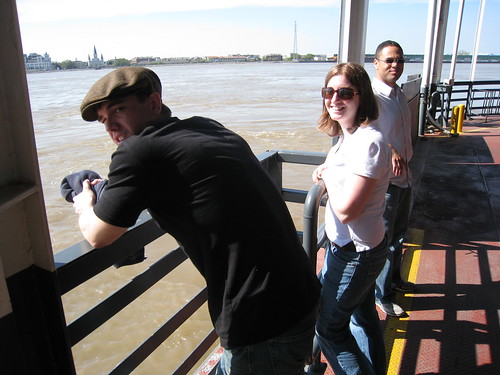
Photo: bensheldon
The face-to-face OFFLINE interaction with our national network of VISTAs is priceless in adding a sense of value, shared experience and belonging to something bigger than ourselves COMMUNITY. It's half of what we as CTC VISTAs do...
New Orleans
On a personal note, another highlight for me was the impromptu tour that Ben, Kevin and myself were given by Lisa Stansky from Southeast Louisiana Legal Services (who are also hiring a CTC VISTA for this upcoming VISTA cycle). We were given a very sobering tour of many parts of New Orleans that still, three years later, are being rebuilt after the 'storm':
I
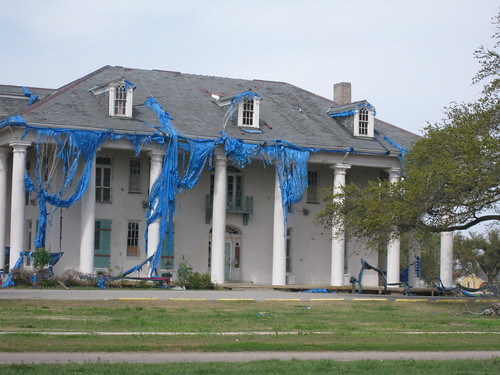 waterlines on houses
waterlines on houses
stained where water had risen trapping and drowning people inside their homes
where people died
spray painted x's like graffiti on people's homes
marking where people still might be able to recover bodies or animals
perhaps still living
perhaps not
dead animals in attics
II
impromptu mini economies of resilience
and resourcefulness amidst little
schools and libraries becoming community centers
churches with broken windows still but with people singing gospel
people, families children dressed for church among demolished houses
III
and a kind stranger inviting us into our home
a cheerleader for New Orleans
IV
a lively city
people come to rebuild during the day until they can't anymore
party at night and then back to their tents under the freeways amidst the educated and homeless
only to do it again
the next day
As AmeriCorps VISTA Members, I feel we are very fortunate to be part of a national program that helps people out of poverty, increase literacy AND allows us to develop our potential as professionals in the public sector. There is still so much that we as AmeriCorps (and beyond) can do to help our communities.
The one 'take away' I can think of from my trip to New Orleans was on the importance of knowing your neighbors. After the storm came, many neighborhoods were simply eradicated. Houses were simply picked up and then deposited two blocks down, perhaps on someone else's property. Sometimes exquisite old mansions laid tattered, while more poor-looking homes remained intact. Other areas had pristine houses - separated by only a few feet in elevation - standing proudly amidst it's peers, now in shambles. It was as if the lines of people's property and class and race were perhaps uncomfortably, necessarily pushed together, merged or erased.
It was as if God had taken a giant Etch-A-Sketch and shaken the neighborhoods (I saw) up.
The importance of knowing your neighbors I think, is the single most important part of being the community builders that we are. When there is strife in the world (only aggrevated by the terribleness of poverty), it's important to be aware that communities can in fact come together to bridge lines of class and race. I don't think we should have to wait until tragedy forces us to. Perhaps in our arrogance it's necessary.
I'd like to think not.


